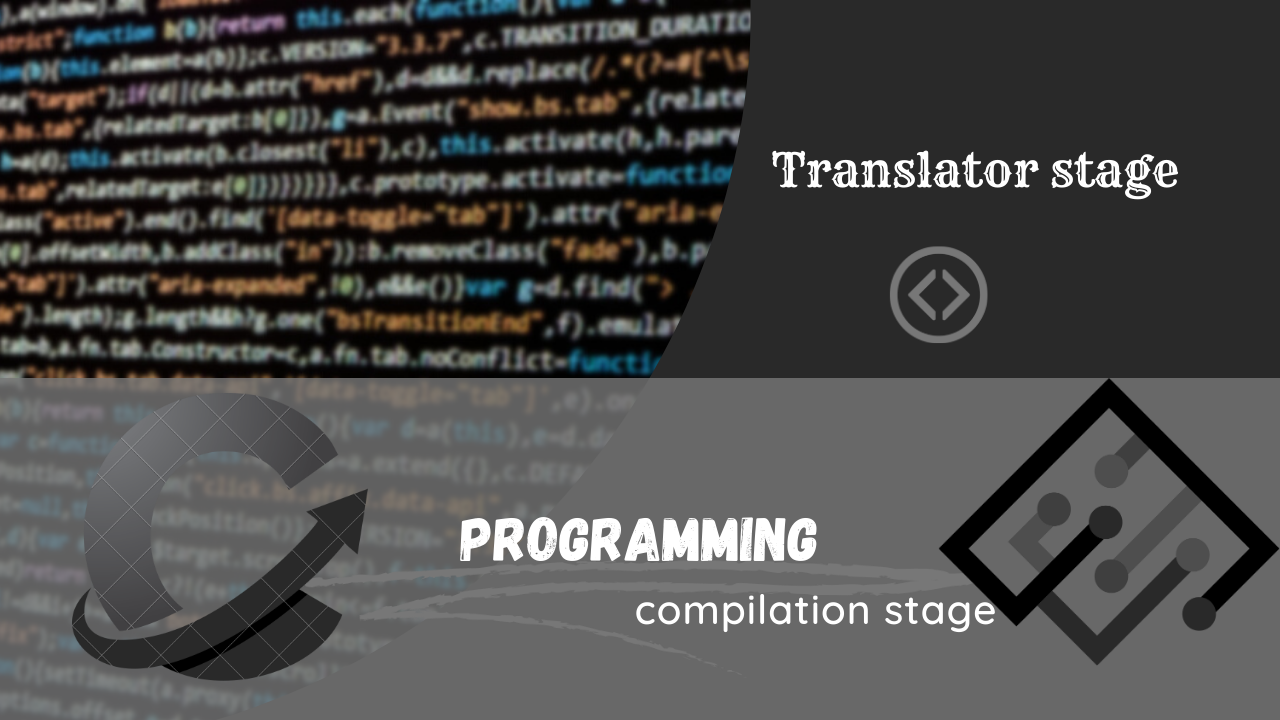
Translator stage in c
Translator Stage in C
Introduction
The translator stage in the C programming language is a crucial part of the software development process. It involves converting human-readable source code into machine-executable code. This process ensures that the computer can understand and execute the instructions provided by the programmer.
what is the Translator stage in c?
In C programming language, the translator stage is the second stage of the compilation process, which follows the preprocessor stage. This stage is also known as the compilation stage, and it is responsible for converting the modified source code generated by the preprocessor stage into an object file.
Works of Translator
There are two works of the Translator
Convert c program to AssemblyCheck Syntax Error
The input of the Translator is .i
the output of the preprocessor is .s
Code to compile the Translator stage
cc -S File_name.i -o File_name.sFrom another perspective, The translator stage consists of the following steps
-
Lexical Analysis: In this step, the source code is broken down into a sequence of tokens or lexemes. The tokens represent the basic building blocks of the program, such as keywords, identifiers, constants, and operators.
-
Syntax Analysis: In this step, the sequence of tokens generated by the lexical analyzer is analyzed to determine if it conforms to the rules of the C language grammar. The result of this step is a parse tree, which represents the syntactic structure of the program.
-
Semantic Analysis: In this step, the parse tree is checked for semantic errors, such as type mismatches, undeclared variables, and incorrect function calls.
-
Code Generation: In this step, the object code is generated from the parse tree. The object code consists of machine instructions that can be executed by the computer.
The output of the translator stage is an object file, which contains the compiled code in a format that can be linked with other object files to create an executable program. The object file also contains debugging information that can be used to identify and fix errors in the program.
Conclusion
Comprehending the translator stage in C is essential for any programmer aiming to write efficient and error-free code. It provides insights into how source code is transformed into an executable program, enabling developers to produce high-quality software.

